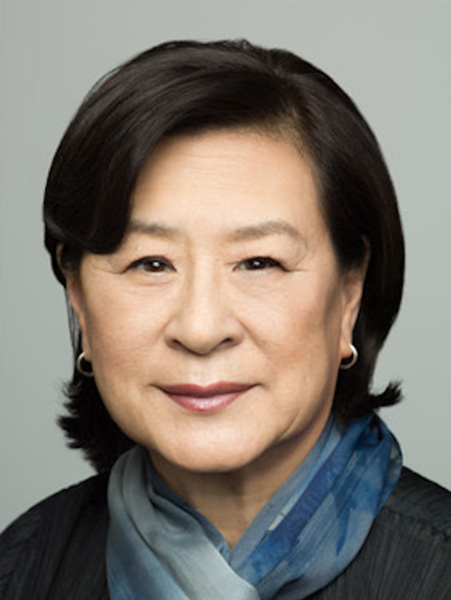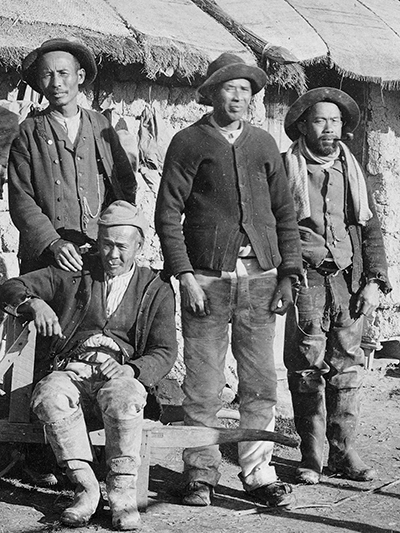Drawing on ten years of research across five continents, prize-winning historian Mae Ngai traces the origins and consequences of the "Chinese Question” as a global racial discourse that justified laws excluding Chinese from immigration and citizenship in the anglophone world. Ngai argues that Chinese exclusion was not extraneous to the emergent global economy in the late nineteenth century but an integral part of it. She traces the origins of the Chinese Question to the gold rushes of the nineteenth century and links them to the globalization of trade, credit, labor, and the rise of Anglo-American power.
Cosponsored by Penn's Department of History, Asian American Studies Program, and Perry World House.
 Mae M. Ngai is Lung Family Professor of Asian American Studies and Professor of History, and Co-director of the Center for the Study of Ethnicity and Race at Columbia University. She is a U.S. legal and political historian interested in questions of immigration, citizenship, nationalism, and the Chinese diaspora. She is author of the award winning Impossible Subjects: Illegal Aliens and the Making of Modern America (2004); The Lucky Ones: One Family and the Extraordinary Invention of Chinese America (2010); and The Chinese Question: The Gold Rushes and Global Politics (2021). Ngai has written on immigration history and policy for the Washington Post, New York Times, Los Angeles Times, the Nation, and the Boston Review. Before becoming a historian she was a labor-union organizer and educator in New York City, working for District 65-UAW and the Consortium for Worker Education. She is now writing Nation of Immigrants: A Short History of an Idea (under contract with Princeton University Press).
Mae M. Ngai is Lung Family Professor of Asian American Studies and Professor of History, and Co-director of the Center for the Study of Ethnicity and Race at Columbia University. She is a U.S. legal and political historian interested in questions of immigration, citizenship, nationalism, and the Chinese diaspora. She is author of the award winning Impossible Subjects: Illegal Aliens and the Making of Modern America (2004); The Lucky Ones: One Family and the Extraordinary Invention of Chinese America (2010); and The Chinese Question: The Gold Rushes and Global Politics (2021). Ngai has written on immigration history and policy for the Washington Post, New York Times, Los Angeles Times, the Nation, and the Boston Review. Before becoming a historian she was a labor-union organizer and educator in New York City, working for District 65-UAW and the Consortium for Worker Education. She is now writing Nation of Immigrants: A Short History of an Idea (under contract with Princeton University Press).



